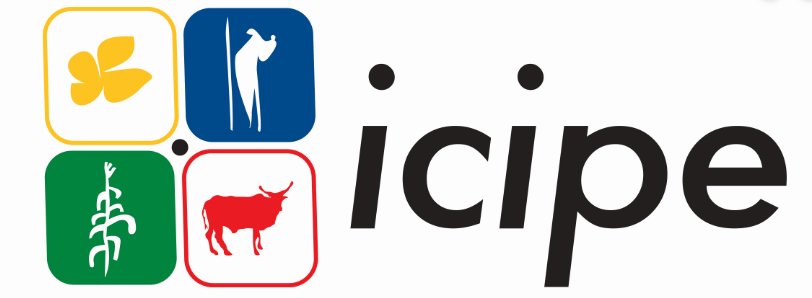Insect Production Contributes to Sustainable Development: Int'l Center of Insect Physiology and Ecology - ENA English
Insect Production Contributes to Sustainable Development: Int'l Center of Insect Physiology and Ecology

Addis Ababa October 24 /2019 Insect production contributes to environmental, social and economic dimensions of sustainable development, according to International Center of Insect Physiology and Ecology (icipe).
The center has organized a seminar on “Climate-smart poultry farming in Kenya: Macro-economic implications of replacing conventional protein sources with insect-based proteins."
During the seminar, Head of Social Sciences and Impact Assessment Unit at the center, Menale Kassie said insect production is low-cost technology with low capital investment and most efficient waste management.
He stated that replacing 5-15 percent of the key conventional feed ingredients such as fishmeal, soya bean meal, and maize grain with black solder fly larvae meal in the commercial poultry industry has increased Kenya’s annual GDP by 0.03-0.08 percent (18-55 million USD).
This gain translates into reducing the number of people living below the poverty line by 0.09-0.26 million, the head said.
"I think it is the most important thing that we need to take into account for a county like Ethiopia where we do not have much land,” Menale added.
Using insect farming, which really does not require much resource, he noted that Ethiopia can benefit tremendously from this by sensitizing and bringing this project into light.
Furthermore, he pointed out that insect farming can also help to alleviate foreign currency shortage and create jobs for youth and women as it did so in Kenya by creating 3,300 to 10,000 jobs.
According to the head, Ethiopia can for instance generate good organic fertilizer which may be better than or equal to some organic fertilizers like as Urea and DAP through insect farming.
The International Center of Insect Physiology and Ecology (icipe) is a non-profit scientific research organization known by it evidence based research products and tools, facilitating learning, strengthening capacity building and uptake.